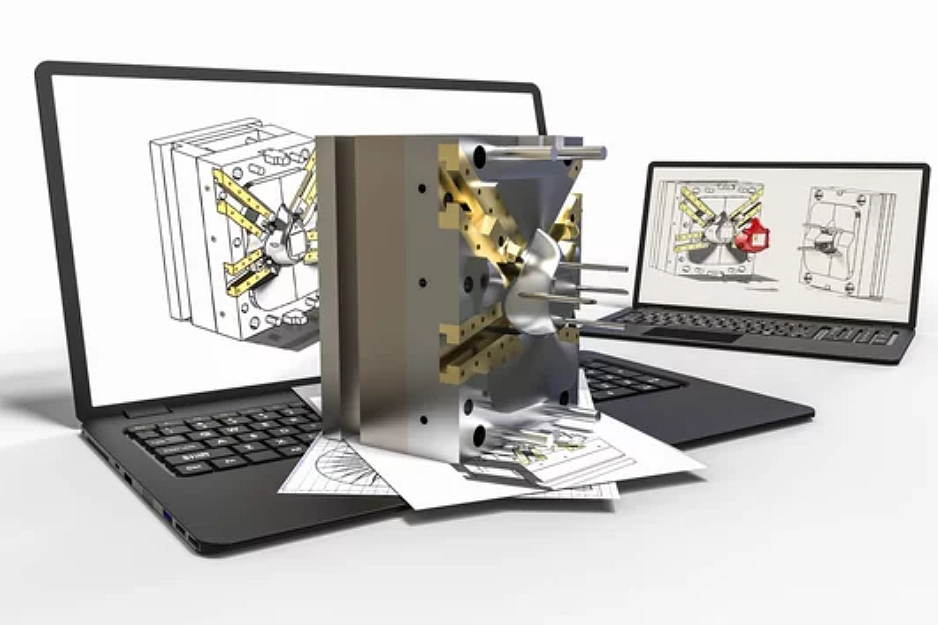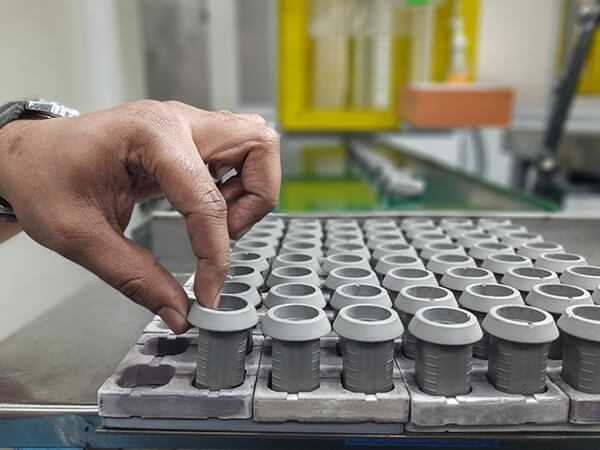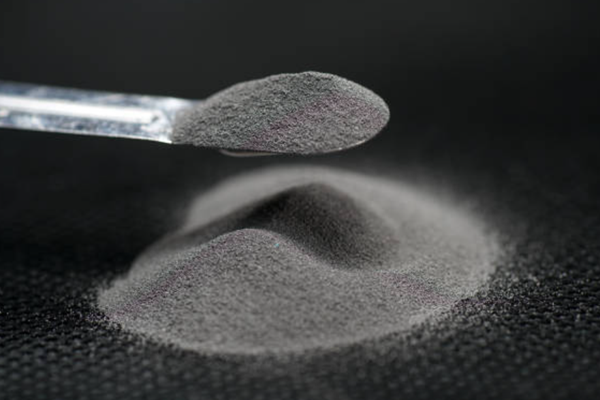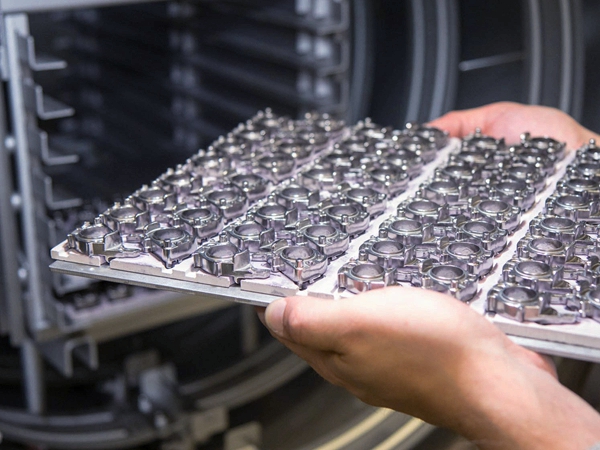Inconel 625
Inconel 625 Similar grades
UNS N06625,W.Nr.2.4856,alloy625,NiCr22Mo9Nb,NA21
Introduction to Inconel 625
Inconel 625 is a high-strength, nickel-based superalloy known for its outstanding resistance to extreme temperatures and corrosive environments. It is an ideal material for various industries, including aerospace, marine, chemical processing, and power generation. Inconel 625 powders are specifically engineered for additive manufacturing and powder metallurgy applications, offering a unique combination of durability, corrosion resistance, and high-temperature performance.
Inconel 625 powders are characterized by their high nickel content, combined with chromium, molybdenum, and niobium. This composition enhances the alloy's strength by forming niobium carbides and molybdenum-chromium carbides while maintaining excellent resistance to oxidation and corrosion. The powder form of Inconel 625 is particularly suited for producing complex components through additive manufacturing techniques.
Applications
Inconel 625 is a highly versatile nickel-chromium alloy known for its exceptional strength and resistance to extreme environments. It is an ideal choice for various demanding applications across multiple industries. Its unique combination of durability, corrosion resistance, and high-temperature performance stems from its robust composition, including nickel, chromium, molybdenum, and niobium. This alloy finds utility in areas that require materials to withstand high stress, corrosive environments, and elevated temperatures. Here are some of the primary applications of Inconel 625:
Aerospace
Turbine Blades and Engine Components: Inconel 625 withstands the extreme temperatures and stresses of jet engines, making it suitable for turbine blades, afterburner parts, and other engine components.
Exhaust Systems: Its excellent resistance to oxidation and corrosion at high temperatures makes it ideal for aircraft exhaust systems.
Marine
Submarine Components: The alloy's high-pressure resistance to seawater makes it suitable for various submarine applications, including propulsion systems and hull reinforcements.
Propellers and Underwater Equipment: Inconel 625 is used in manufacturing propellers and other critical underwater equipment due to its excellent corrosion resistance, especially against seawater.
Oil and Gas
Offshore Drilling Rig Components: Its strength and corrosion resistance in chloride-containing environments make it ideal for components exposed to seawater in offshore drilling rigs.
Piping Systems and Seawater Applications: Inconel 625 is often used to construct pipes and valves in desalination plants and other seawater applications due to its excellent resistance to pitting and crevice corrosion.
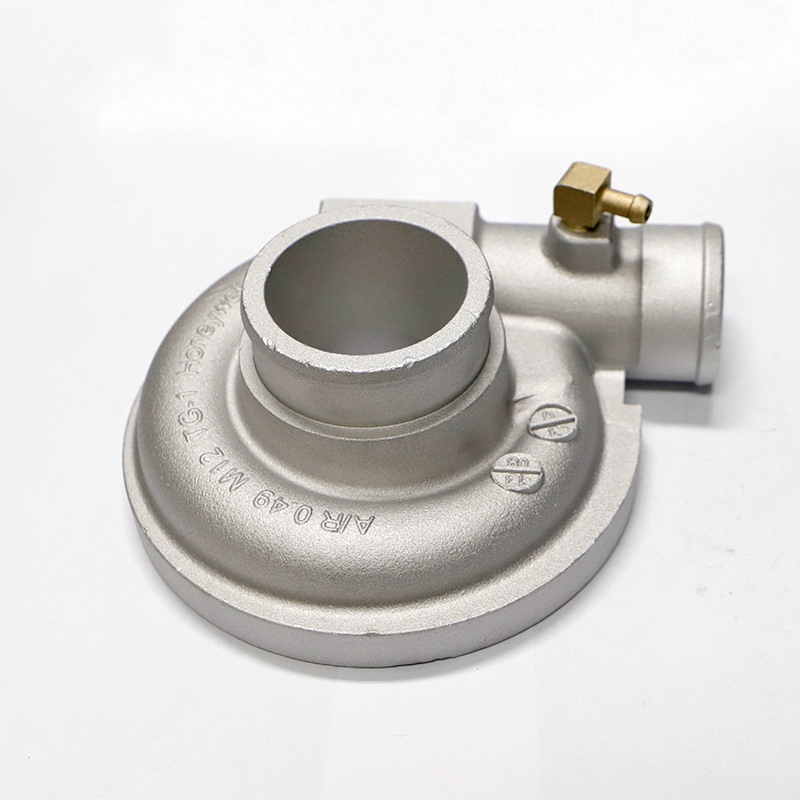
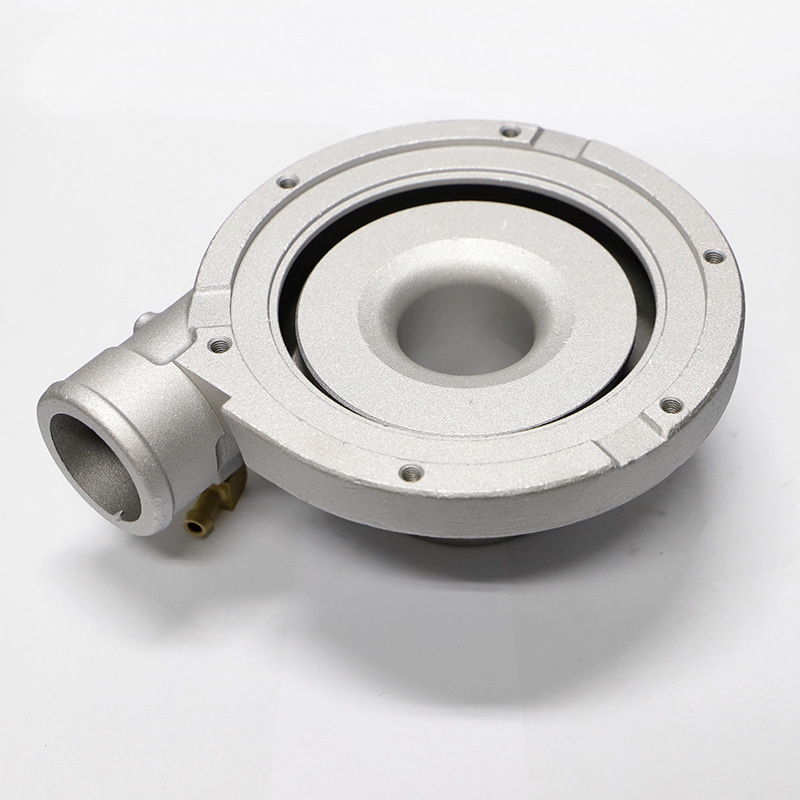
Chemical Processing
Reactors and Heat Exchangers: The alloy's resistance to various chemical environments makes it suitable for reactors, heat exchangers, and other equipment used in chemical processing industries.
Process Equipment: Inconel 625 is used in equipment that processes acidic and corrosive substances, providing longevity and reliability.
Power Generation
Gas Turbine Components: Its ability to maintain strength at high temperatures is critical for components in gas turbines, such as combustion chambers and exhaust systems.
Nuclear Reactor Components: The alloy's stability under irradiation and its corrosion resistance make it suitable for various components within nuclear reactors.
Automotive
Exhaust Systems and Turbocharger Components: The thermal stability and corrosion resistance of Inconel 625 are advantageous for high-performance exhaust systems and turbocharger components in automotive applications.
Environmental and Waste Management
Waste Incinerator Components: Inconel 625 is used in constructing waste incineration equipment due to its ability to withstand corrosive gases and high temperatures.
Biomedical
Implants and Devices: The biocompatibility and strength of Inconel 625 make it a candidate for certain biomedical implants and devices.
Composition and Properties
Inconel625 Typical values(Weight%) | ||||||||||||
C | Si | Mn | P | S | Cr | Ti | Fe | Nb+Ta | Al | Ni+Co | Cu | Ni |
≤0.15 | ≤0.50 | ≤1.00 | ≤0.040 | ≤0.015 | 14.0-17.0 | ≤0.50 | 6.00-10.0 | ≤1.00 | ≤0.35 | ≥72 | ≤0.50 | Bal. |
Powder Characteristics
Inconel 625 is a precipitation-hardening, nickel-chromium alloy used extensively in turbine engines and airframe components due to its excellent high-temperature strength and corrosion resistance. The "LC" in its name stands for "Low Carbon," which means it has been modified to have a lower carbon content, enhancing its weldability and reducing its susceptibility to post-weld cracking. This modification, however, doesn't significantly affect its mechanical properties. The alloy is known for its use in environments requiring high strength and good resistance to oxidation and corrosion at temperatures up to about 800°C (1472°F).
Mechanical properties after the finished product | Powder state | ||||||||||||||||
Yield Strength | tensile strength | Elongation | size | 0- 15μm | 15-45μm | 45-75μm | 45- 150μm | ||||||||||
R p0.2/MPa | R m/MPa | δ5 /% | |||||||||||||||
Horizontal | ≥ 415 | ≥ 830 | ≥130 | form | spherical | spherical | spherical | spherical | |||||||||
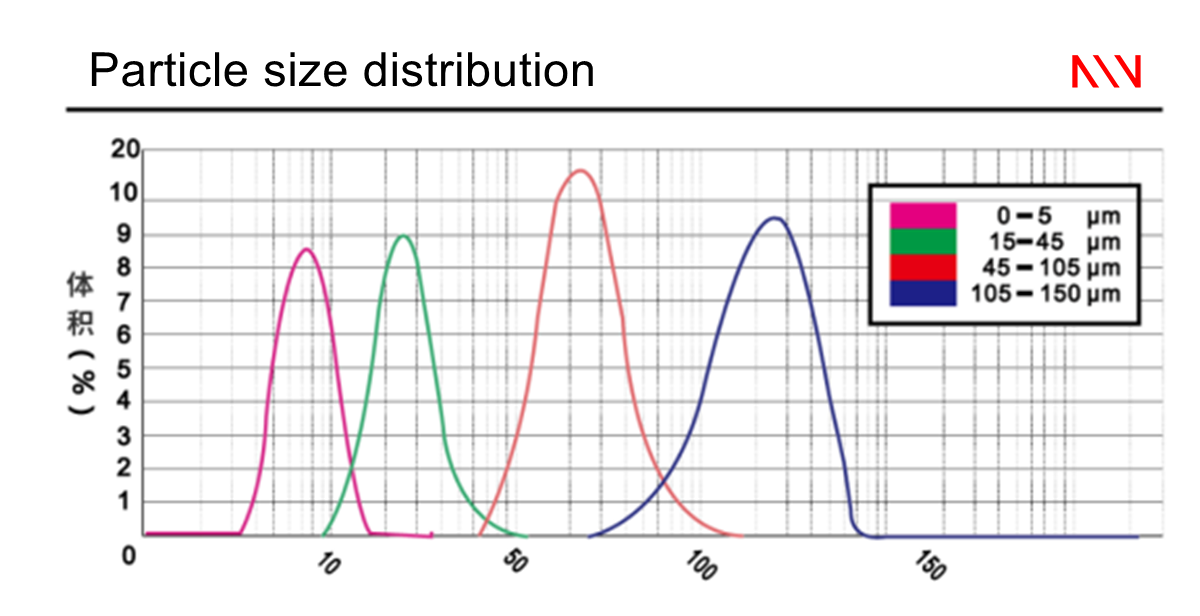
Physical Properties
Density: Approximately 8.4 g/cm³
Specific Surface Area: Varies with particle size distribution, typically optimized for specific additive manufacturing processes.
Sphericity: High, ensuring good flowability and density in the powder bed.
Bulk Density: 4.2-4.5 g/cm³
Hall Flow Rate: Optimized for excellent flowability, critical for consistent powder delivery in additive manufacturing.
Melting Point: 1290-1350°C
Relative Density: Near 100% achievable in manufactured parts, depending on processing conditions.
Recommended Layer Thickness: 20-50 μm, adjustable based on the additive manufacturing process and equipment.
Technical Standard: ASTM B443, AMS 5599, and similar specifications for aerospace and industrial applications.
Manufacturing techniques
Manufacturing with Inconel 625 involves a range of advanced techniques tailored to leverage the unique properties of this nickel-based superalloy. Known for its outstanding strength, corrosion resistance, and high-temperature performance, Inconel 625 is widely used in aerospace, marine, chemical processing, and power generation industries. Here's an overview of crucial manufacturing methods used with Inconel 625, highlighting their applications and advantages.
Additive Manufacturing (AM)
Selective Laser Melting (SLM) and Electron Beam Melting (EBM): These powder bed fusion technologies are ideal for creating complex geometries and lightweight structures. They allow for the layer-by-layer construction of parts directly from 3D CAD data, minimizing material waste and enabling design freedom.
Advantages:
Production of complex, high-performance components with reduced lead times.
Optimal material utilization and reduced waste compared to traditional subtractive methods.
Powder Metallurgy
Hot Isostatic Pressing (HIP): This process involves applying high temperature and pressure to Inconel 625 powder within a sealed container, resulting in fully dense components with uniform microstructures.
Advantages:
Elimination of porosity, enhancing mechanical properties.
Suitable for producing near-net shape components, reducing the need for further machining.
Traditional Machining and Fabrication
Machining: Inconel 625 can be machined using traditional techniques. However, its work-hardening characteristics require hard tooling materials and appropriate cutting parameters.
Welding: Inconel 625 exhibits excellent weldability. Techniques such as TIG, MIG, and electron beam welding are commonly used, often without preheating or post-weld heat treatment.
Advantages:
Versatility in manufacturing processes allows for various component sizes and complexities.
The ability to join different components reliably opens up various engineering applications.
Forging and Rolling
High-temperature Forging and Hot Rolling: These methods shape Inconel 625 into desired forms, such as rods, bars, and plates, through mechanical deformation at elevated temperatures.
Advantages:
Enhanced strength and toughness due to the work-hardening and refinement of the microstructure.
Ability to produce significant structural components.
Casting
Investment Casting: This method helps create complex shapes with excellent surface finishes. Inconel 625's fluidity and resistance to hot cracking make it suitable for precision casting.
Advantages:
Enables the production of components with complex internal geometries and high dimensional accuracy.
Reduces the need for post-processing and machining.
Sheet Metal Work
Forming and Bending: Inconel 625 sheets can be formed into various shapes using standard metalworking techniques. However, attention must be paid to the alloy's spring-back characteristics.
Advantages:
Allows for the fabrication of Inconel 625 into thin-walled components and intricate designs.
Suitable for producing high-strength, corrosion-resistant parts for aerospace and marine applications.
Advantages in Production
Design Flexibility: Advanced manufacturing techniques enable the production of parts with complex shapes and optimized designs that would be difficult or impossible to achieve with traditional methods.
Material Efficiency: Processes like additive manufacturing and HIP reduce material waste and improve the sustainability of production.
Performance Enhancement: Manufacturing methods can be tailored to enhance the inherent properties of Inconel 625, such as its corrosion resistance and strength at high temperatures, making it ideal for critical applications in harsh environments.
